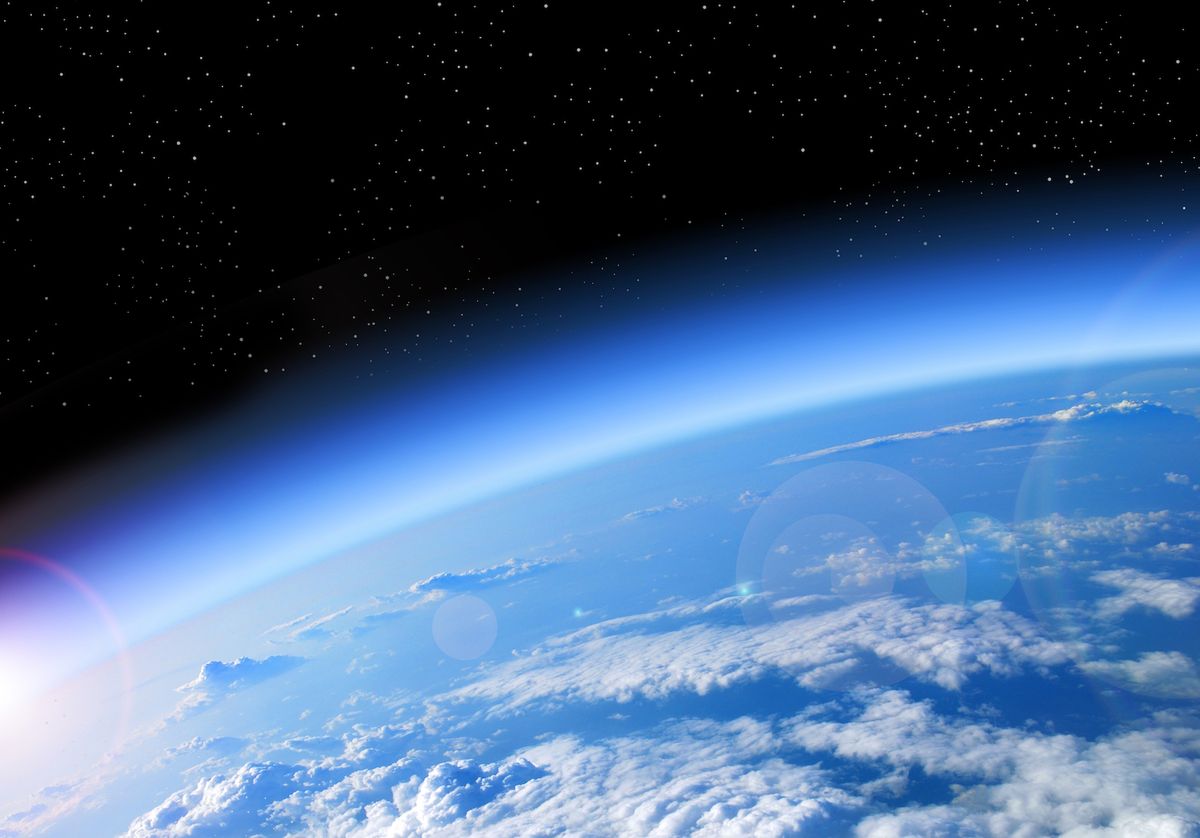(an unfinished sketch)
I am listening to an interview about the evolution of animal sound with David George Haskell who wrote the book Sounds Wild and Broken: sonic marvels, evolution’s creativity, and the crisis of sensory extinction.
“For hundreds of millions of years, nature was silent. No birds chirping, no insects buzzing. But then, things changed.”
For sound to be meaningful, Haskell says, something has to first be listening. So making sound is not enough, it needs to be heard.
And then I got to thinking about why we have sound in the first place, and a lot of it has to do with the density of particles in the atmosphere. In space, where particles are sparse, there is no sound because there is too much nothingness to vibrate.
The reason we have an atmosphere is because we have a magnetosphere—and the reason we have a magnetosphere is because there is a molten core in the Earth that, when spinning, creates a positive and negative charge that makes a magnetic orb around our planet. The magnetosphere protects the atmosphere from being blown away by the solar wind.
Mars no longer has a molten core and doesn't really have a magnetosphere. It has an atmosphere, but not very much of one. One theory is that after Mars lost its magnetosphere, due to having a solid core, the atmosphere is slowly getting blown away, lost, by the solar wind and solar storms. It is more difficult to hear sounds on Mars (though we have recently heard recording sent back to Earth from Mars rovers).
I also learned that Mercury has a magnetosphere (molten, spinning core), but no atmosphere… So we have examples of atmosphere, no magnetosphere (Mars), magnetosphere, no atmosphere (Mercury), and magnetosphere with thick atmosphere (Earth).
So on Earth, there were all these dense particles that allowed sounds to be transmitted, and so hearing evolved. Hearing could be useful to avoid predators or to find prey, for example. But when did hearing become a social thing? I can’t remember all the details David George Haskell outlines (read the book to find out!), but I remember him saying that animals that could move far, quickly, like frogs or birds, were more able to use sound because they could move before predators could use the sound to locate them. Perhaps that is why frog song and bird song and insect songs are so varied and complex.
Evolving inside of an atmosphere not only lets sounds be heard, but also filters out much of the electromagnetic energy released from the Sun—the solar spectrum. Again this filtering is protective for us. There is a huge range of “possible” spectra, but much of it, like radiation, is deadly to us.
It is not a coincidence that the small part of the spectrum that we humans call “visible light”, the part that we perceive as a rainbow of colors, accounts for the bulk of the spectrum allowed to filter through the atmosphere. The part of the spectrum that we have evolved in, the part created by our atmosphere, is the part that we see.
And this evolution thing is amazing. It is because of our magnetosphere and atmosphere that life probably evolved in the first place. It is because of our atmosphere that we can hear sounds and see the colors that we see. From this has come bird songs and symphonies and paintings. The atmosphere bathes our senses.


No comments:
Post a Comment